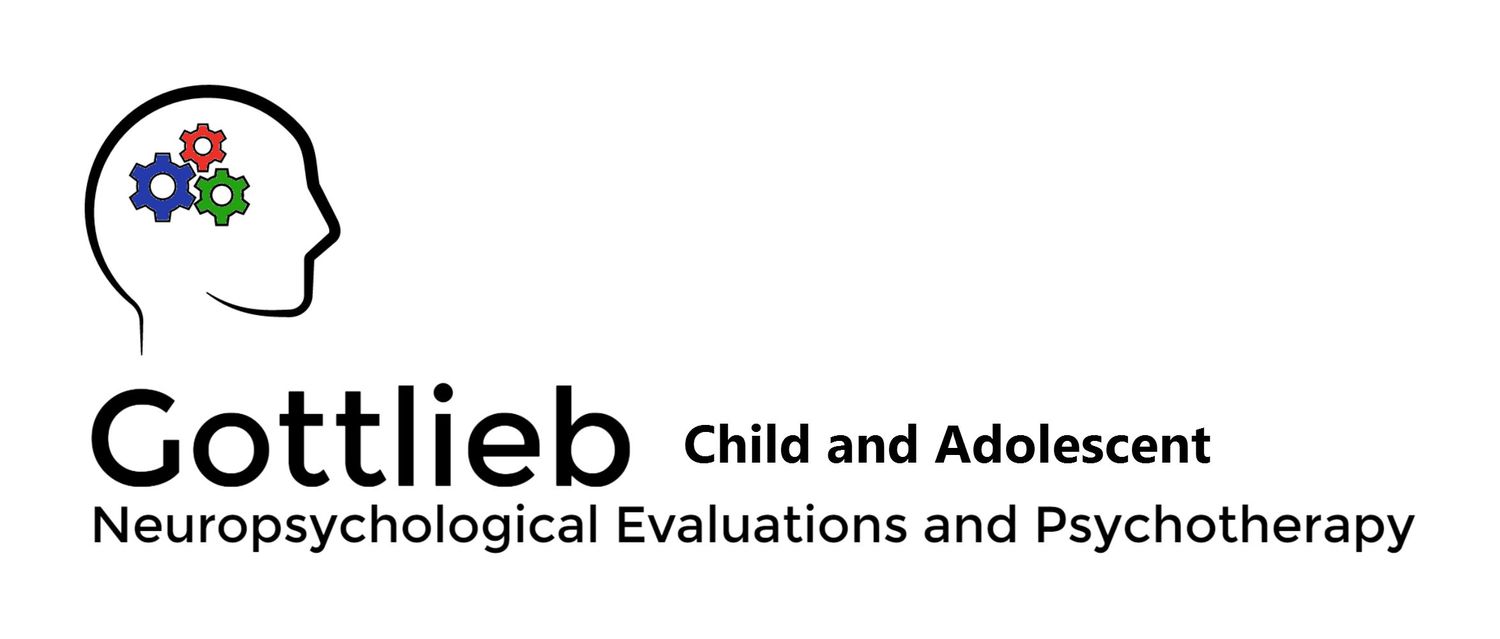Encouraging Your Teen to Take Ownership of the Therapy Process
/As a parent, it is your responsibility to ensure your adolescent’s physical and mental health. Sometimes, this can mean bringing your teen to therapy, even though he or she is less than thrilled to be there. As a child and adolescent psychologist, I have significant experience working with teens who may have mixed feelings about attending therapy. Over time, I encourage the teen to take ownership of the therapy process including his or her own strengths and challenges. When working with adolescents, an important goal is supporting the teen (and parents) as he or she transitions to a place where he or she can self-advocate. This is not always a linear path, and the process varies based on the individual needs of the client.
I begin by providing your teen with a safe emotional environment. The process starts with an initial intake meeting involving both the parents and teen. Doctor-patient confidentiality and its limitations are explained at the onset. For high-school age minors (14-17), I will talk with you and your teen upfront about how, while he or she is a minor (and therefore as a parent, you have certain legal rights to the content of therapy), it is in the best interest of everyone involved, and the therapy process, if the teen is afforded a certain amount of privacy. Many teens won't feel comfortable opening up to their therapist if they believe their parents will be told the details of their conversations.
At the same time, we discuss the limits of confidentiality, particularly for a minor. For example, if your teen is in danger of harming himself or herself or others, you as the parent will be informed, as well as relevant professionals. I also talk with the parents and teens about the importance of working as a team. Typically, this involves periodic (e.g., monthly) parent meetings which can involve meeting with parents without the teen or together as a family session. These meetings are not used to discuss the details of your teen’s therapy. Rather, these sessions are designed to keep the parents updated on overall progress and ongoing issues, while also working to address potential family and/or parenting challenges. I will let your adolescent know about these meetings, and will stress that I value his or her privacy. However, I will also make it clear that parents are an important part of the therapy team. Often the teen and parents are both involved when determining the topics for these meetings. This teen-focused approach may change based on individual circumstances. For example, when your child’s challenges are predominantly family oriented, your role in therapy will likely expand. Additionally, the adolescent’s developmental stage is considered and adjustments are made to the therapy process, as appropriate.
Therapeutic confidentiality is one of the most important steps to having your teen open up about his or her struggles. It’s always my priority to help your teen understand he or she is safe to discuss anything with me, which ensures he or she takes ownership of the therapeutic process. With this in mind, I’ve found the importance of meeting your teen where he or she is at emotionally, especially during the initial sessions. Some teens take longer than others to develop a rapport and become comfortable with the therapy process. They may feel misunderstood by adults and view a new adult as another person who “won’t get them” and is “trying to fix them.” Thus, while listening first is always recommended, it is particularly important for these teens that I listen to where they are at emotionally before working with them toward goals and change. This, understandably, frustrates some parents who are eager to see change immediately. I know how concerned you are for your child’s wellbeing; however, therapy can take time. I will work with you, as a parent, to provide support and understanding as I also work with your teen to take ownership of his or her mental health treatment.
One issue that often creates tension between parents and teens is their use of technology and online communication (including social media). For many teens, their online life is of great importance, socially and emotionally. Online interactions can help teens connect and build friendships; however, they can also be sources of significant emotional stress. Social media has changed the way teens experience peer pressure and is often a powerful tool for bullies. Furthermore, these same devices are used for educational purposes, and it can be difficult to monitor your teen when he or she is on the computer, tablet, or smartphone. For many of the teens I work with, this topic becomes an important part of therapy as they begin to learn how to manage their use of technology. For a fourteen-year-old, parents may be more involved in monitoring the use of technology, with the goal of helping their teen develop self-management skills by the latter high school years. I also work with parents to help them understand the impact of technology on their teen’s social lives. In fact, as your teen’s therapist, one of my most important jobs is serving as a bridge of communication between you and your child, as well as school staff and additional professionals, when relevant.
I look forward to working with you and your teen to create a therapeutic environment that will allow him or her to take ownership of his or her mental health, while also supporting you as a parent. Please call my office for more information (703-825-0502).
Shira Gottlieb, Psy.D., Licensed Clinical Psychologist
Dr. Gottlieb is a licensed clinical psychologist. She received her B.A. in psychology, with a minor in neurobiology, from Harvard University, and her Psy.D. from the George Washington University. Dr. Gottlieb utilizes an integrative approach to therapy, incorporating both CBT and Family Systems techniques. Treatment goals are discussed with the child/adolescent and family, and are developed with the individual child's needs in mind. For more information on Dr. Gottlieb please visit her website at http://www.gottliebchildpsych.com/


